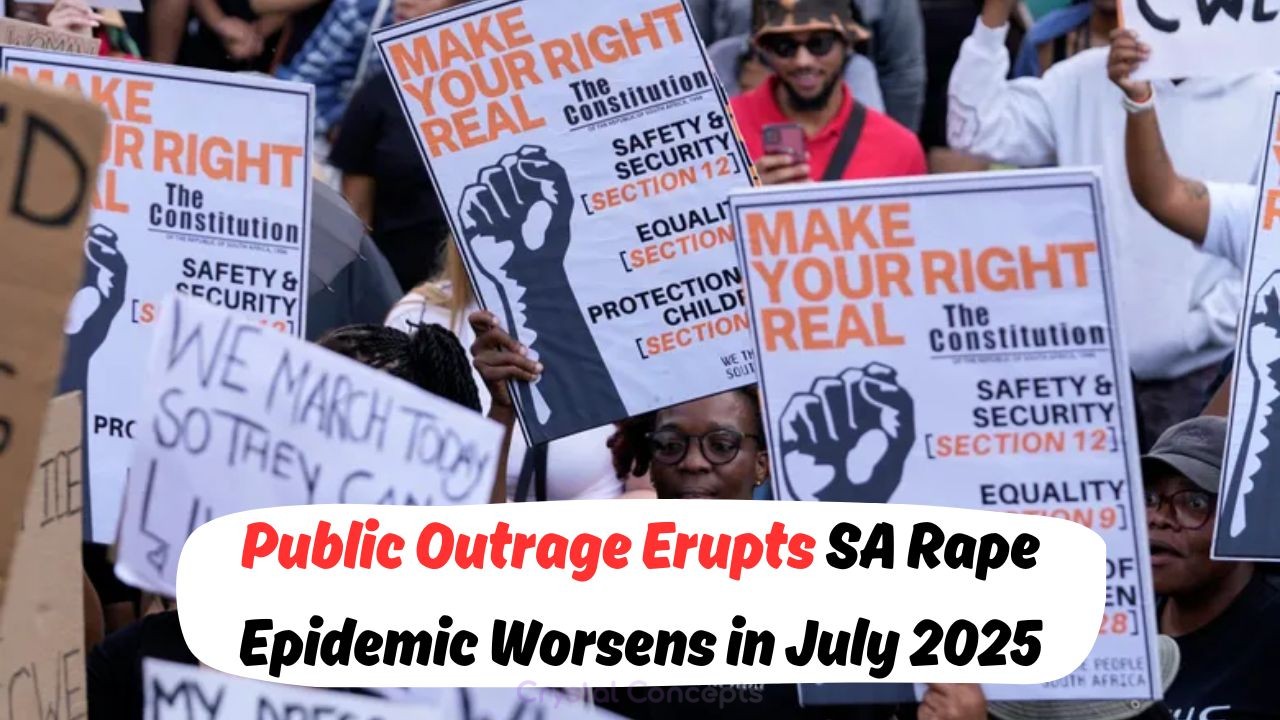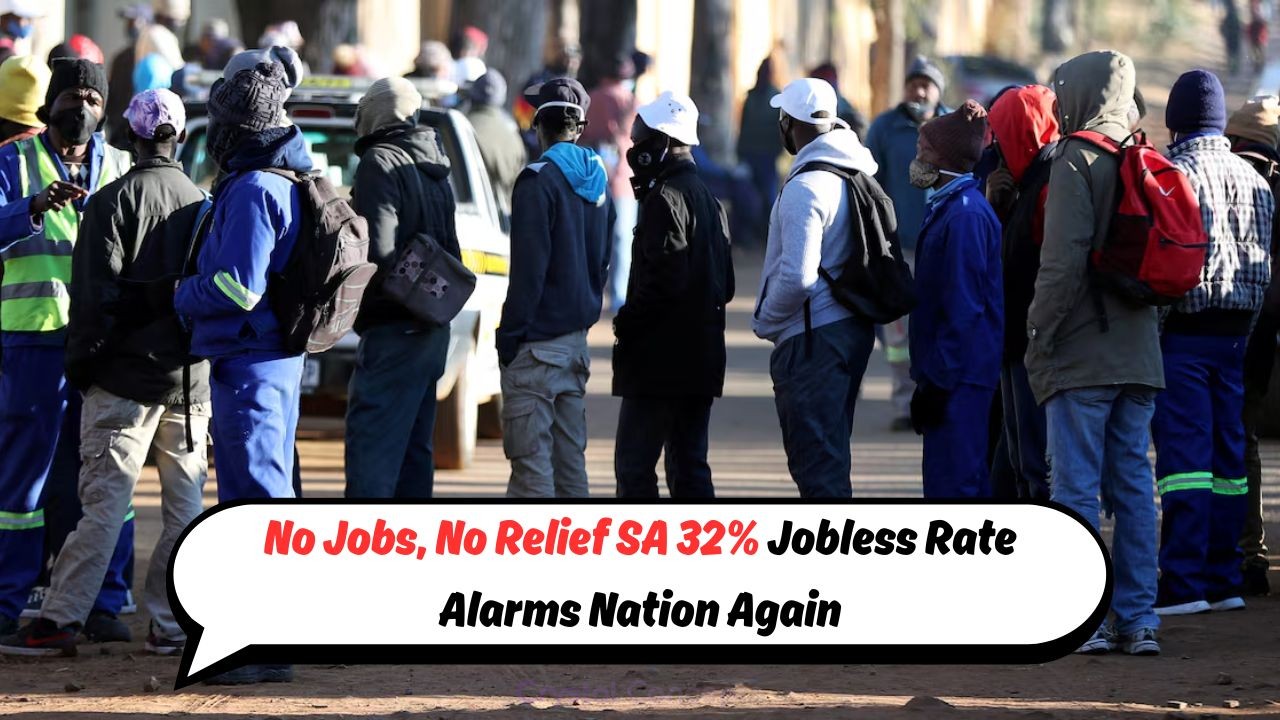Budget 2025: Flat VAT but Skyrocketing Sin Taxes Hit Middle-Class Families Hard: The South African government recently unveiled the much-anticipated Budget 2025, and it is set to be a mixed bag for the country’s middle-class families. While the value-added tax (VAT) remains unchanged, providing some relief amidst economic uncertainty, the substantial increase in sin taxes on products such as alcohol and tobacco is expected to place a significant burden on household budgets. This fiscal strategy is designed to balance the need for revenue generation with the socio-economic challenges faced by many South Africans. The implications of these tax changes will reverberate across the economy, influencing consumer behavior and spending habits.
Impact of Flat VAT on South African Economy
The decision to maintain the VAT at its current rate in Budget 2025 is seen as a stabilizing factor in the South African economy. VAT is a crucial source of revenue for the government, and keeping it flat can help maintain consumer confidence and spending. However, it also means that the government must find other ways to address fiscal deficits and fund public services. The unchanged VAT rate is likely to benefit businesses and consumers alike, as it avoids adding additional pressure on prices of goods and services. This decision aligns with the government’s objective to support economic recovery post-pandemic, ensuring that essential goods remain accessible to the general population.
- Stable VAT rate to maintain consumer confidence
- Encourages spending and economic activity
- Part of broader economic recovery strategy
- Helps manage inflationary pressures
Skyrocketing Sin Taxes: A Double-Edged Sword for Families
The significant increase in sin taxes, particularly on alcohol and tobacco, presents a double-edged sword for South African families. On one hand, it aims to curb consumption of products that have adverse health effects, aligning with public health goals. On the other hand, it places a heavier financial burden on consumers who continue to purchase these items. For middle-class families, where discretionary income is already stretched, this could mean significant adjustments to household budgets. The government anticipates that higher sin taxes will generate additional revenue that can be redirected towards healthcare and education, but there are concerns about the impact on industries and potential job losses.
| Product | Old Tax Rate | New Tax Rate | Increase (%) | Revenue Impact (R billion) |
|---|---|---|---|---|
| Alcohol | 15% | 20% | 33% | 3.5 |
| Tobacco | 12% | 18% | 50% | 2.0 |
| Sugar-Sweetened Beverages | 10% | 12% | 20% | 1.0 |
| Luxury Goods | 5% | 7% | 40% | 0.8 |
| Gambling | 8% | 10% | 25% | 0.5 |
Middle-Class Families: Navigating Financial Challenges
For middle-class families in South Africa, the economic landscape painted by Budget 2025 necessitates strategic financial planning. With sin taxes on the rise, households may need to reassess their spending habits and prioritize essential over luxury items. The burden of increased taxes on everyday consumables such as alcohol and tobacco means that families will have to find alternative ways to balance their budgets. Financial advisors recommend adopting a more disciplined approach to budgeting and exploring investment opportunities that could provide additional income streams. Families are also encouraged to leverage available government programs that offer financial relief or support for education and healthcare.
- Reevaluate household budgets
- Consider financial planning and advice
- Explore alternative income opportunities
- Utilize government support programs
Economic and Social Implications of Budget 2025
Budget 2025’s emphasis on unchanged VAT and increased sin taxes carries broad economic and social implications. Economically, the flat VAT helps stabilize consumer prices, which is crucial for maintaining spending power among the middle class. However, the increased sin taxes could lead to decreased consumption of taxed goods, impacting industries reliant on these products. Socially, the budget reflects an effort to promote healthier lifestyles by discouraging the consumption of harmful products. While this aligns with public health objectives, it also raises concerns about the affordability of such goods for those who choose to consume them. The balance between revenue generation and social welfare remains a delicate one for policymakers.
- Stabilizes consumer prices through flat VAT
- Potential industry impact from decreased consumption
- Aligns with public health objectives
- Challenges in balancing revenue and social welfare
FAQs: Understanding Budget 2025 Implications
What is the impact of flat VAT on consumers?
Flat VAT helps stabilize prices, encouraging consumer spending and economic activity.
How will increased sin taxes affect middle-class families?
Middle-class families may face higher costs for alcohol and tobacco, necessitating budget adjustments.
Why are sin taxes being increased in Budget 2025?
The increase aims to reduce consumption of harmful products and generate additional revenue for public services.
Are there any relief measures for affected families?
Families can explore government programs offering financial support in education and healthcare.
 Families Brace for Impact: Fuel Prices Soar on 25 July with Diesel Rising R1.34/L and Petrol R1.08/L
Families Brace for Impact: Fuel Prices Soar on 25 July with Diesel Rising R1.34/L and Petrol R1.08/L
What should families do to adjust to these changes?
Families should consider financial planning, reevaluating budgets, and exploring alternative income sources.









